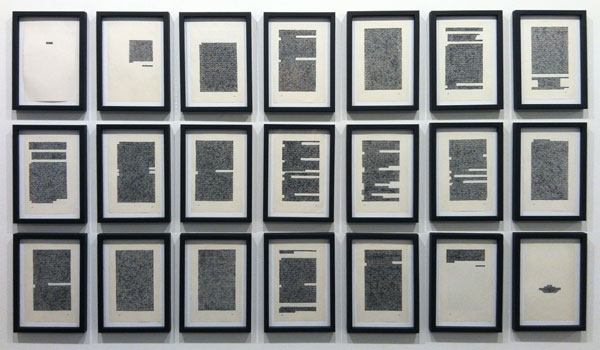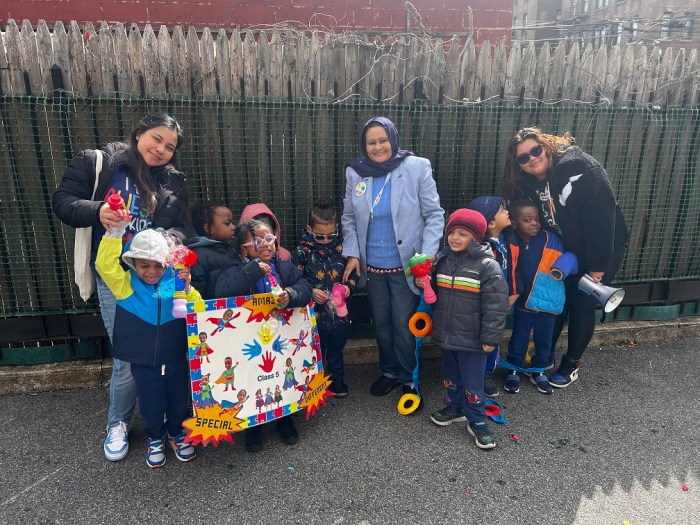BY MARIANNE GOLDSCHELDIER | My mother was a pill hound. In wartime Prague, during the Second World War, while I was growing up — a very painful time — she always had codeine at hand, presumably to handle menstrual pain.
She had no idea that one of the side effects of codeine is constipation. She complained about this condition bitterly.
How she found access to this codeine I have no idea. I now, for years later, have detailed information about how she got access to the pills she used to kill herself. A German friend supplied them.
Her suicide was an act of revenge on me, her only child, a daughter, who had left for America as soon as she could, fleeing a Germany that had meant only horror to me. She did not leave a suicide note. She left a suicide novel, elaborating on what a monster I had been to abandon her.
After my departure, She mounted a successful literary career. (She had received a doctorate in history from the University of Vienna.). At the time of her suicide in Vienna where she lived, my 21-year-old son had been staying with her, her beloved grandson. She had no idea of the pain she inflicted on him, his brother, who at the time was in Africa, and me. I rushed from New York City, where I still live, to the scene of the tragedy.
Human beings have cycles and rhythms. I know that over the years my moods have been up and down, but mostly up. My friends think of me as lively, fun, Marianne. I was not conscious of any mood swings. The summer after my mother’s death — 1983 — for the first time I became deeply despondent.
In my wartime childhood there had been no time for expressions of grief. My mother used to admonish me: “Children aren’t sad. They are to be happy.”
In the early 1940s, my mother’s parents were scheduled to be sent to Auschwitz, near to the village in which they lived. Stoking up their coal-burning stove and sealing the windows, they died of carbon monoxide poisoning in bed, in each other’s arms.
My guilt-ridden mother, their only child, from that moment began talking of taking her own life, telling me tearfully when I left the house to play in the streets, “You may not find me alive when you get home.”
We had a gas stove providing easy access to such an act. I had already been declared a monster by her because I didn’t cry when my grandparents died, I shrugged my shoulders. I was 14.
But when my mother died in 1982, I tried shrugging my shoulders. However, I no longer could. My wonderful sons had left — as the Beatles song goes — the home that never was a home. In my mind, I was giving them a lot of freedom. But now, they tell me, they saw it as neglect. I had reached “the change of life.” My “career” of teaching German at Columbia University as an adjunct (I had passed my Ph.D. qualifying exams) was in a shambles. The 1968 shutdown of the university caused great upheaval and changes. Foreign languages were no longer obligatory. Many departments closed. The German department limped on without me.
I had met a Spanish artist named Paco — the proverbial starving artist — and together we were painting apartments to support ourselves. At first, I loved the novelty of it. Later it began to pale. (Some years later, although he was 10 years older than I, he declared me old and undesirable and moved alone to his house in East Hampton, desirable in the summer, in the winter poorly heated, with pipes freezing.)
In the summer of 1983 we were visiting friends in New Hampshire, a young artist, named Steve, and his wife, Joyce Maynard, already a successful writer. From an early age I had been writing, but to this day have not found my way to getting my major works published.
Joyce had just published her first novel about an 18-year-old looking back on her life. J.D. Salinger, with whom she had lived for a while, had helped her. With the royalties she bought a beautiful farm and 18th-century house, not far from where Salinger lived. She built a studio for her artist husband. On the bus ride returning to New York City, Paco turned to me and asked: “Why can’t you be like Joyce? Look how loving she is and what she is doing for Steve.”
My mood sank to a lower bottom than it had ever sunk before. I fervently hoped the bus would crash and end my life. Speechless, I returned with Paco to the house we had bought in Williamsburg, Brooklyn, for $32,000 with money my mother had left from a restitution claim. She had been in Theresienstadt, a camp of some renown. Shortly before her death, at last, she received some money, leaving it in a handwritten will to my sons. They gave me money for the $10,000 down payment.
The owner of the house, at Bedford Ave. and North Ninth St., was a displaced person like me, and had committed suicide. His one son had died of a drug overdose. The other was in the army, in Virginia. The divorced father had run a bar in the building’s ground floor.
That neighborhood in 1983 was a wild scene of gangs and murders. Paco wanted to get out and return to a peaceful life in East Hampton. After four years, we sold the house, quintupling the price for which we had bought it. A Polish clan bought it and established a successful restaurant in the old bar. Today the restaurant is flourishing.
Upon our return from New Hampshire, I sank into a red plush sofa in the old bar, and fell into a deep silence. A longtime friend, a Polish woman, now a nurse, opened her nurse’s manual and declared: “You are a classic bipolar case.”
Her earlier diagnosis of a melanoma on my leg she had handled professionally: “See a doctor.” By the time I saw a doctor — I lived for 25 years without any health insurance — it was declared cancer stage four. I’m here to tell the tale.
Now she said: “Everybody is taking antidepressants. Sitting there in silence you are depressing everyone around you. This is not decent. I take pills to lower my blood pressure — your disease is just another disease. Do the decent thing.”
I am not a Christian Scientist but had sworn off pills. Another friend, suffering from deep depressions, said, “Most depressions are self-limiting.” It turned out to be true for me.
A psychiatrist friend in Prague said: “You don’t know what real depression is.” That is what I wanted to hear. A New York psychiatrist friend said: “If you don’t seek help, you’ll kill yourself.” Many years later, he said: “You are the most resilient woman I’ve seen.”
It has not been easy. Few people want to understand. They enjoy me in my down states, tell me how relaxed I look, how wonderful that I am quiet, and say, “You always could be like that, if only you took pills.”
When my mood rises again, I feel like my younger self, yet I’m told my behavior is inappropriate for an old woman. They stay away from me, and tell me they only mean well when they suggest I take pills.
I’ve resisted taking pills, and I’m proud. Over the years, I’ve gotten countless advice. The son of a psychiatrist, given to strong changing moods himself, gave me the advice his father gave him: Stay away from pills; they only mask what ails you. If you don’t have to go to a job — his father gave him enough money not to have to — then I could get by without a job.
Just relax when you feel low, he said. Read, stay in bed as long as you like — and ignore all those lay diagnosticians. When your mood rises, be careful. Many do foolish things in that state. Rest when you don’t feel like resting; curb any exuberance. Talk as little as possible. So was the advice from his father, who had given it to his son.
This Dr. Harvey Wasserman, whom I have never met, disappeared with a young woman, owing the I.R.S. a lot of money and having lost his medical license. No one knows where he is. He gave me the best advice I have ever gotten.
Thank you, Doctor, wherever you are. And I wish your son — who followed your example of disappearing — appears again. I miss him.
This essay is dedicated to all who can deal with life without supporting the trillion-dollar pharmaceutical industry.


















